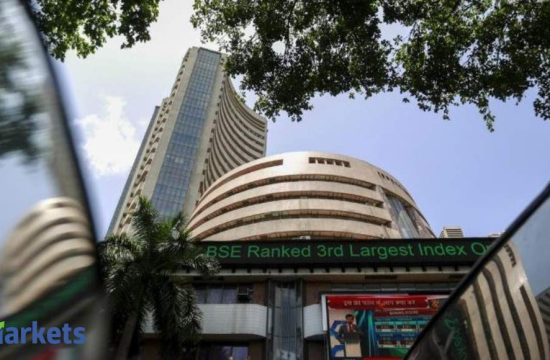
India’s draft e-commerce rules to prevent creation of “digital monopolies†and aid local startups may raise costs and stymie expansion plans at companies such as Amazon.com Inc. and Walmart Inc.
The draft rules seek to prescribe a code of conduct for online retailers and define cross-border flow of user data, according to a note titled Draft Ecommerce Policy, a copy of which was seen by Bloomberg News.
Prime Minister Narendra Modi’s government –beset by complaints from its traditional vote base of small retailers — has been framing rules to reduce the dominance of Amazon and Walmart-owned Flipkart in India’s estimated $ 1 trillion overall retail market. The latest proposals build on laws that curb the two U.S. companies from offering deep discounts, deter exclusive arrangements with preferred sellers and investing in merchants offering products on their websites.
The new comprehensive e-commerce policy will address growth and aim to “reduce prevalent market distortions,†the note said. The nine-page document formed the basis of a discussion by officials of various ministries at a meeting on Saturday called by the Department for Promotion of Industry and Internal Trade in India’s Ministry of Commerce & Industry.
The draft proposals seek to ensure algorithms created by e-retailers do not discriminate against sellers. They also call for associates of companies including Amazon and Walmart be governed by the same e-commerce regulations.
The sector has evolved rapidly and brought major regulatory challenges such as “maintaining a level playing field, influence of monopolistic tendencies and a need to maintain symmetric information to exert free choice, and the loss of business for the small retail trader segment,†according to the draft.
The draft e-commerce policy has been under discussion within various ministries and departments of the government for more than a year. A spokesman for the Department of Promotion of Industry and Internal Trade said he couldn’t comment on the note or the meeting since he wasn’t present.
The government also wants to ensure that data emanating from India is for local entities first. Among the safeguards being considered are regulating cross-border flow of data of Indian users and audits.
“Violation of safeguards shall be viewed seriously and attract heavy penalties,†according to the note.









